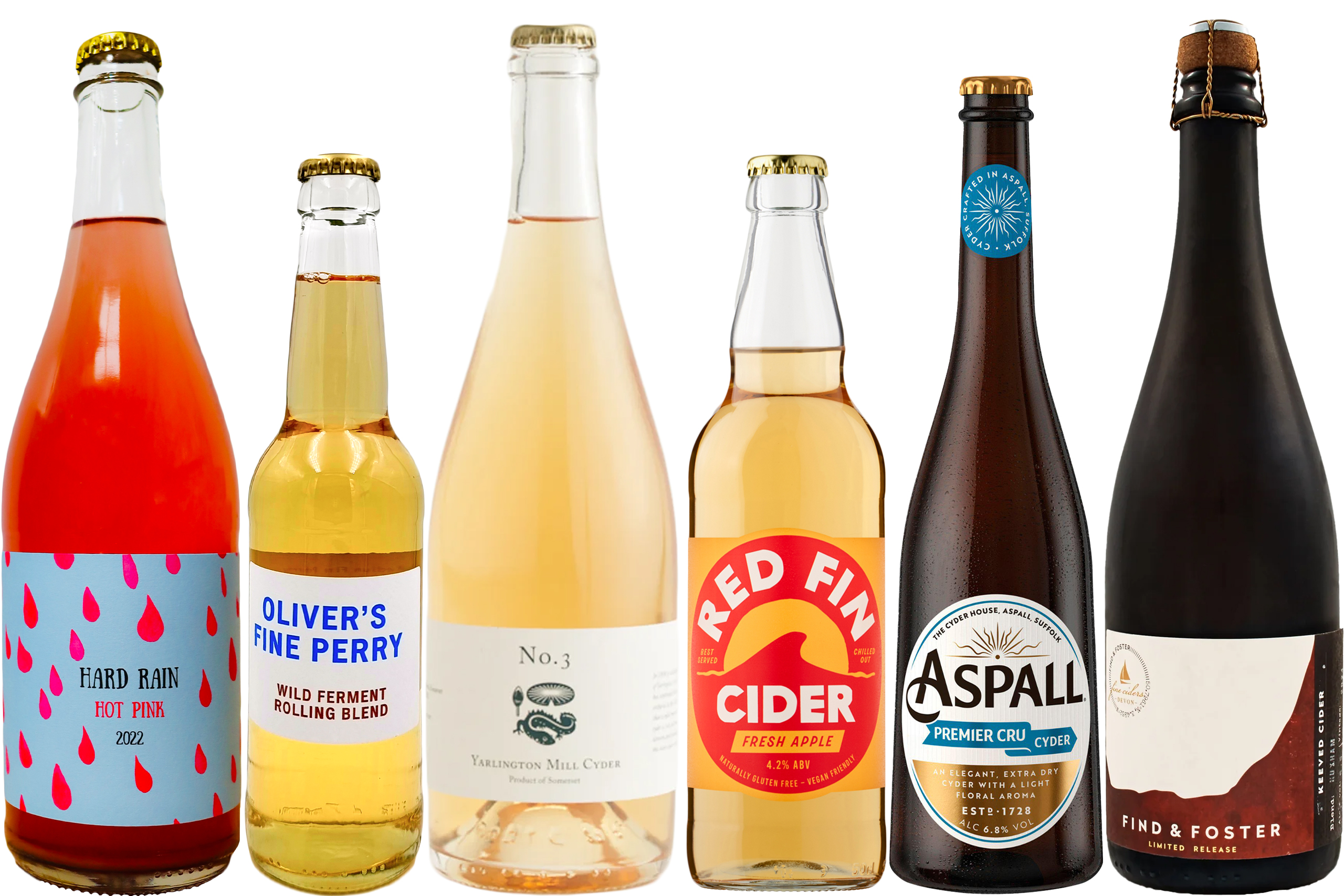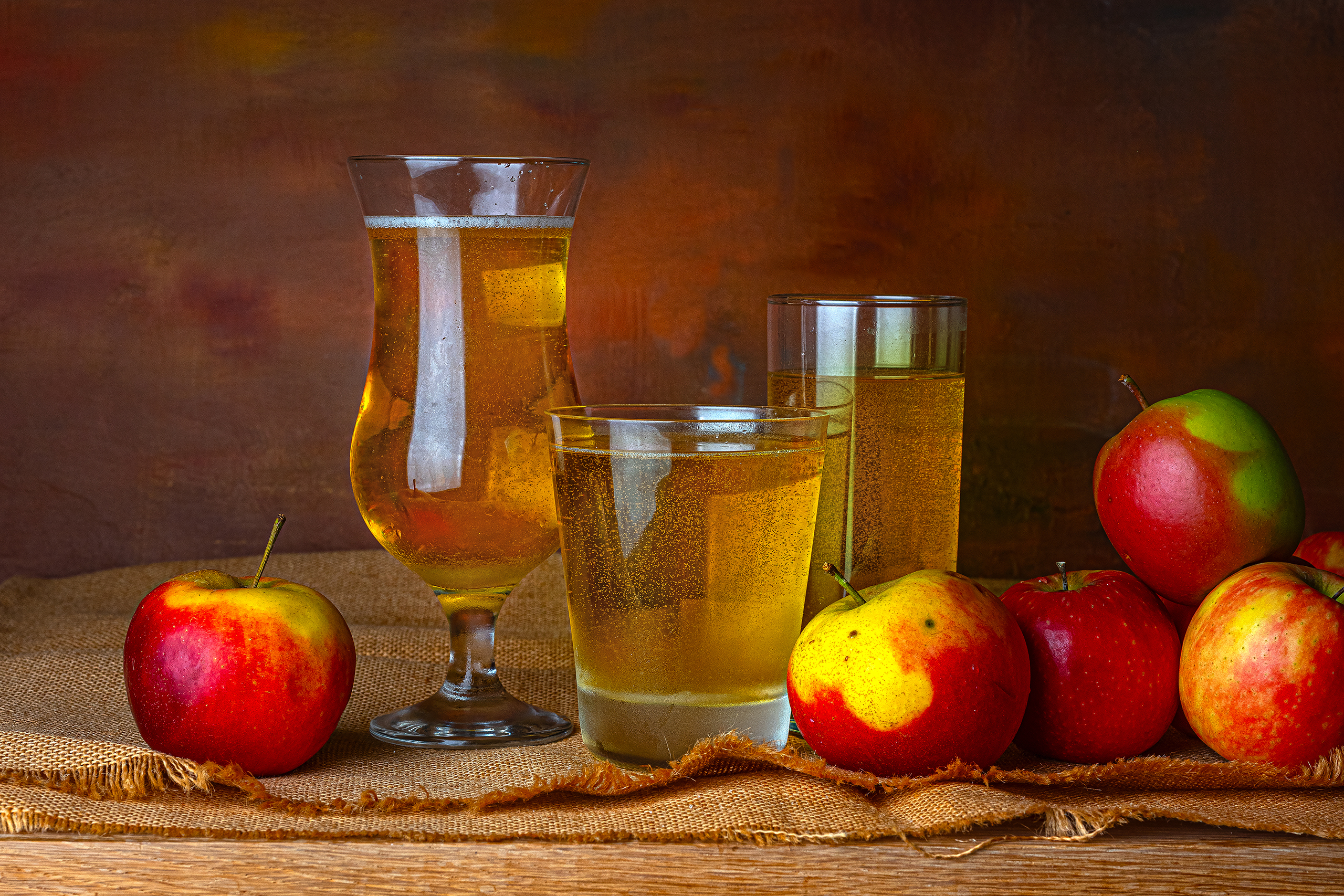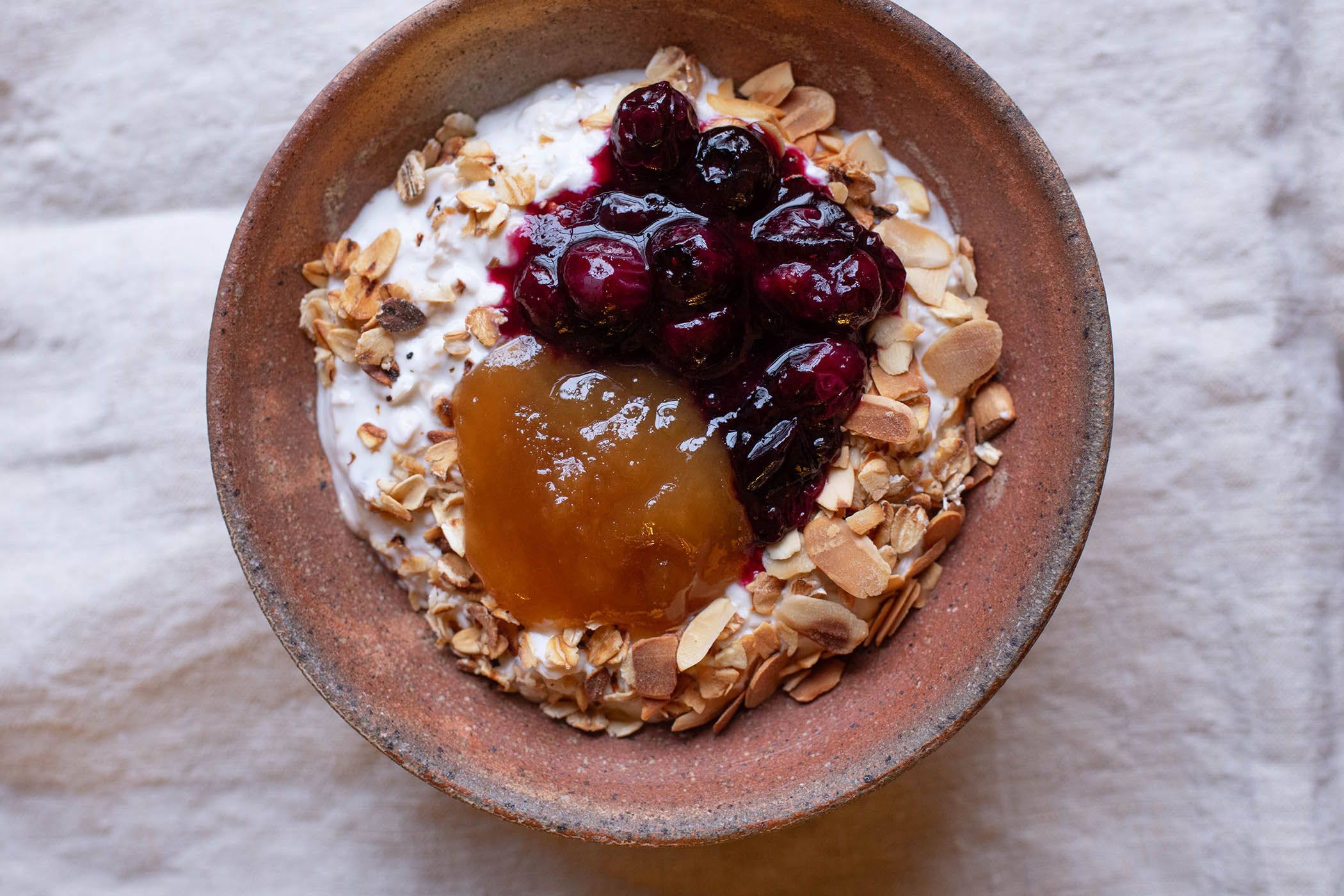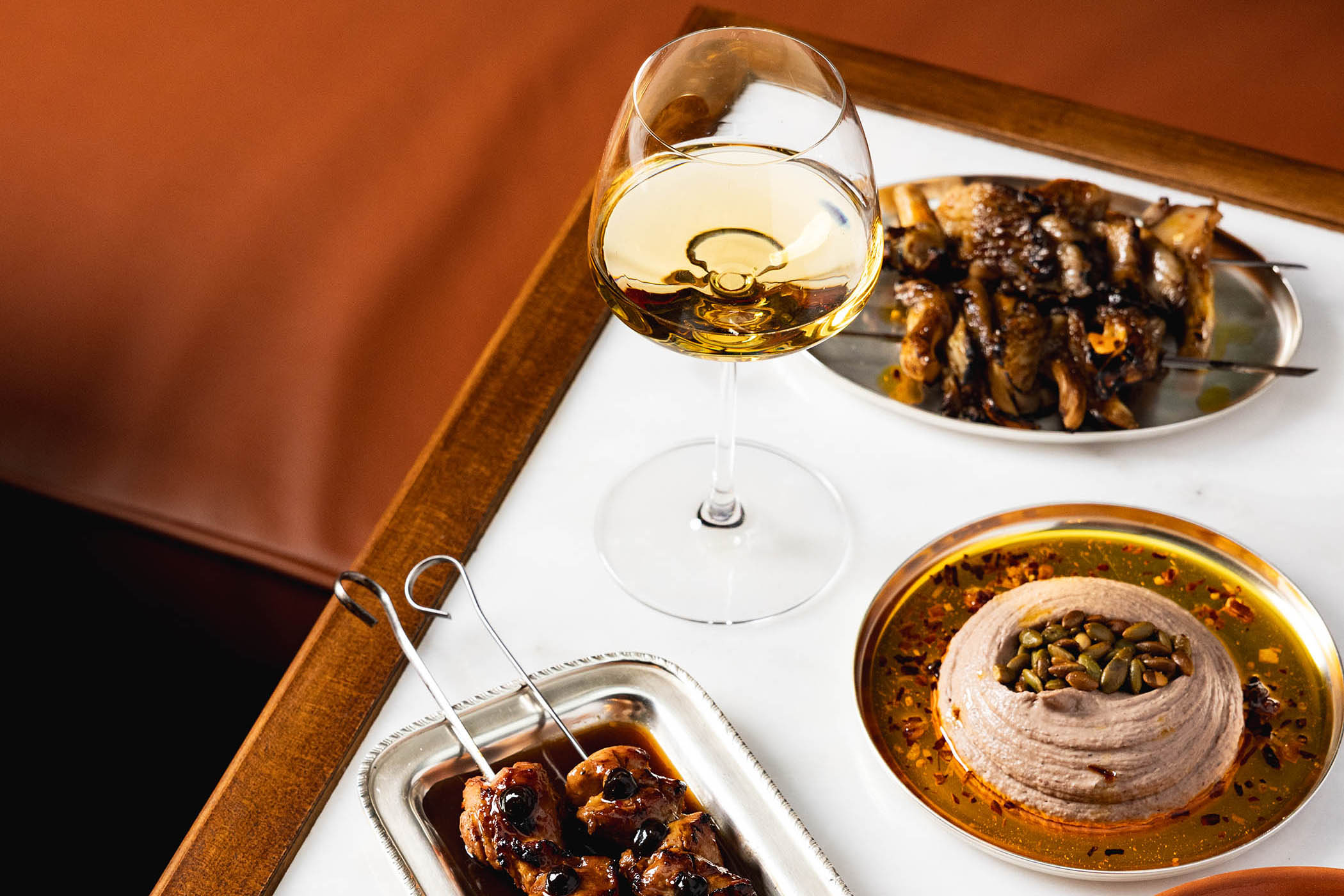The native wine of England” is how the 17th-century polymath, gardener and diarist John Evelyn described cider. Based on bald statistics, Evelyn’s oft-quoted remark still just about applies today. According to the National Association of Cider Makers, the UK is the world’s largest cider market, with an industry of 450 “orchard to bottle” producers. These are linked to more than 65,000 jobs and offer a livelihood to 300-plus families, who grow cider apples and pears on a collective 15,000 acres of orchard.
The difference, more than three centuries on, is that Evelyn’s cider (or cyder) making contemporaries didn’t have to compete for land and attention with people growing grapes to produce wine. I’m not suggesting the rapid growth of vineyards across swathes of southern England in the past quarter-century is directly linked to a similarly sharp postwar decline in traditional cider orchards. But the contrast in fortunes is striking.
According to WineGB, vineyard plantings in Britain have grown by 510% to just shy of 12,000 acres since 2005; a 2016 report from the People’s Trust for Endangered Species outlined a shocking (and , by all accounts, unabated) decline in England’s traditional cider orchards, which have shrunk by 90% since the 1950s.
If you grew up in the days when wine was for the refined and cider was for those looking for the cheapest and easiest route to oblivion – gassy three-litre bottles of industrially produced sweet acid from the offie; plastic flagons of cloudy, apple-scented alcohol of indeterminate strength from the local farm – then the decline of the traditional orchard may not strike you as a particularly troubling development.
That would underestimate cider’s true worth. As fruit growers and green campaigners have long argued, traditional mature orchards, with their centuries-old trees and native varieties, are precious sites for biodiversity and carbon capture.
And, as anyone who has spent time in the southwestern heartland that the great cider writer James Crowden calls “ciderland” (or has read his 2008 book of the same name) can confirm, those orchards are the beating heart of a complex cultural ecosystem.
The emerging craft cider scene is responsible for some of the UK’s most exciting alcoholic drinks. The producers may use the same language as for wine (terroir, vintage, pét nat, premier cru). But with their lighter alcohol content and fleet-footed food pairing ability, these ciders are very much their own deliciously British thing. OFM
Six exciting ciders to explore this autumn

Little Pomona Hard Rain Hot Pink, Herefordshire (from £10, 750ml, littlepomona.com; Hopburnsblack.co.uk)
Related articles:
From one of the UK scene’s most inventive producers, this compulsively drinkable 3.4% abv rosé creation is a contemporary updaoliversciderandperry.co.ukte of a style known as ciderkin made from a second pressing of the apples, here pepped up with blackcurrant cordial.
Oliver’s Fine Perry Wild Ferment Rolling Blend, Herefordshire (£3.50, 33cl, thecourtyarddairy.co.uk; secretbottleshop.co.uk; oliversciderandperry.co.uk)
Newsletters
Choose the newsletters you want to receive
View more
For information about how The Observer protects your data, read our Privacy Policy
Hertfordshire fine-cider pioneer Tom Oliver’s range is justifiably revered and unfailingly delicious. Immaculately fresh and zippy, with a gooseberry-tang and graceful floral-fragrance, this perry is the result of a blend of traditional pear varieties.
The Newt No.3 Yarlington Mill Cyder (£10.50, 75cl, thenewtinsomerset.com)
A hotel, gardens and 2,000-acre farm in Somerset – The Newt has many strings to its bow, and this offering (made from local variety Yarlington Mill) is another. Fresh but appetisingly chewy, medium-sweet with deep baked apple flavours, a great partner to pork or apple dishes.
Red Fin Fresh Apple Cider, Somerset (£2.85, 500ml, Waitrose)
Made with bittersweet Somerset cider apples, this is a perfect end-of-day, fridge-door cider – uncomplicatedly refreshing with clean-lines of red apple and a hint of toffee-apple flavour and sweetness.
Aspall Premier Cru Cyder, Suffolk (£3, 500ml, Tesco; Majestic; Sainsbury’s)
This widely available Suffolk cider is made from the best premier cru (or first growth) orchards in the holdings of a family firm with apple-cultivating root, s going back 300 years. Dry with a gentle fizz, it tastes of fresh apple and elderflower and works well with Thai-spiced fishcakes.
Find & Foster Huxham Keeved (£23, 75cl, thefinecider.company)
An outstanding example of the traditional, slow-fermented, naturally sweet “keeved” style, this is the quintessence of autumn, all windfall and baked apple scents, with the mouthwatering russet apple-like contrast of grainy texture and sweetness.
Photograph by Romas Foord



